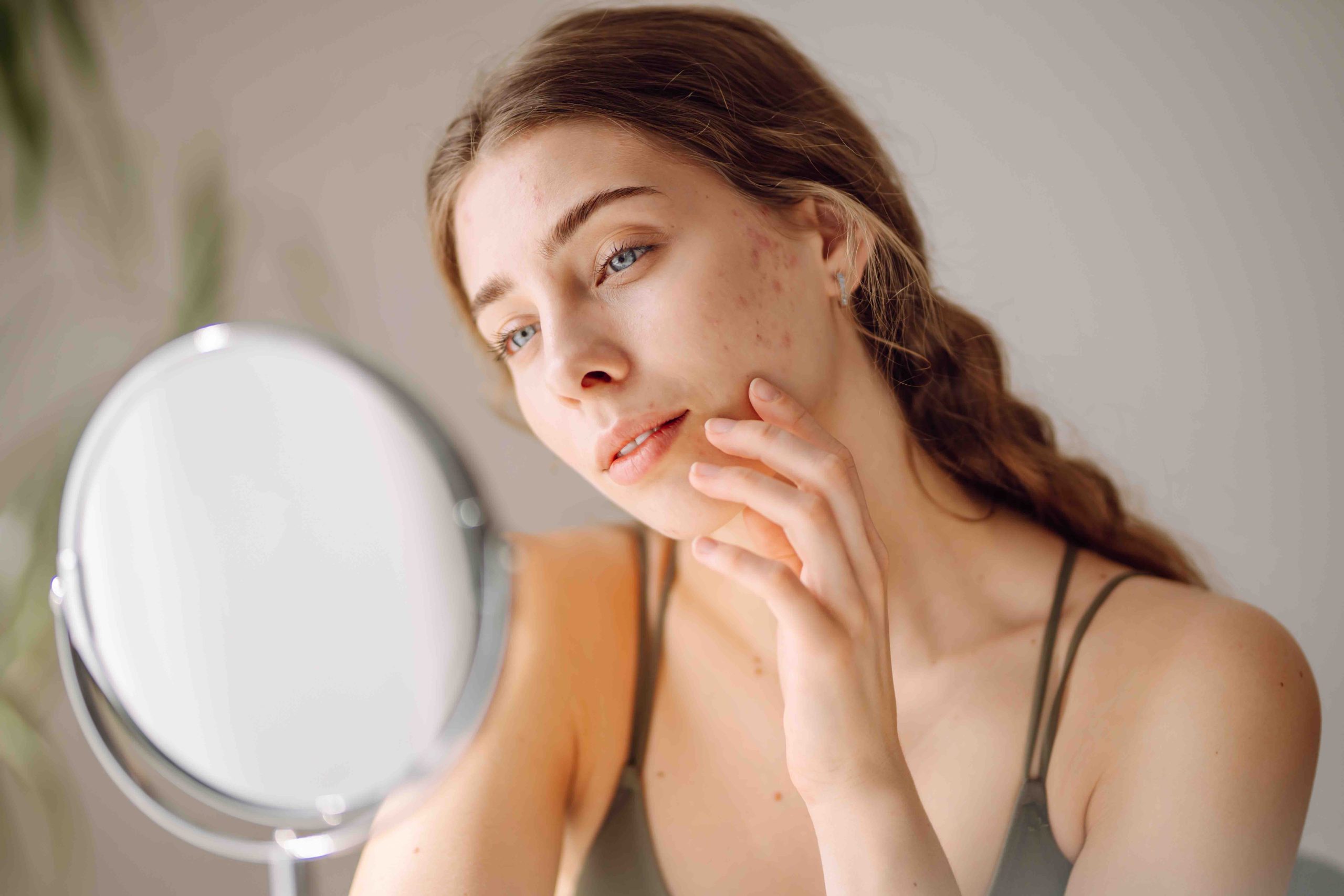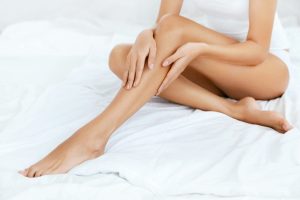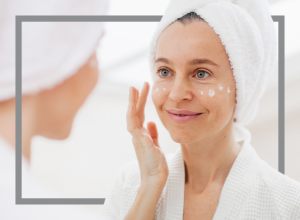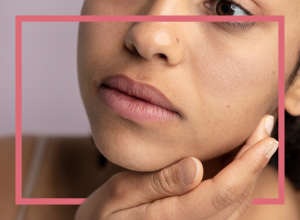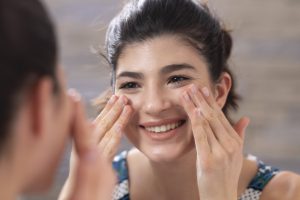Especially during adolescence, pimples or blackheads suddenly appear on the skin of the face. The causes are not always clearly recognizable. But it is simply unpleasant for everyone. Boys are often affected by this when puberty begins. But of course girls don’t have it easy during this phase either.
In adults, experience has shown that blemishes are more common in women. But no matter at what age pimples or even severe acne develop, the causes can be many and varied and we take a closer look at the topic – correct skin care during puberty.
Pimples, blemished skin and acne during puberty
Our skin is in a constant process of regeneration, excretion and renewal. Many of these processes take place via the sebaceous glands. Hormonal changes can then influence the function of the sebaceous glands and be the cause of oily or blemished skin, among other things.
The reason: Excess sebum clogs the fine skin pores, which is usually accompanied by increased flaking of the skin and the first blackheads appear. But that’s not all. This also creates an ideal breeding ground for bacteria and germs. The result can be inflammatory processes, with pimples developing as a result. Blackheads and pimples are superficial, usually isolated and short-lived.
If pimples recur in large numbers and remain for a long time, this is also known as acne. This is very often associated with puberty. It mainly occurs in the sebaceous gland-rich regions of the body, such as the face, neck and back. Various types of blemishes can develop there, including blackheads (comedones), pimples with pus (also known as pustules) or painful nodules. The manifestations are consequently larger and lie deeper in the skin, also appearing as subterranean pimples.
In this condition, the skin should not be additionally irritated. If the inflamed areas are attacked with the fingers, further bacteria and germs will find their way deep into the skin and make everything worse. If you can’t get to grips with problem skin on your own, it’s better to consult an expert instead. They can help you find the right treatment for pimples and the right care.
The different forms of acne
Acne (acne vulgaris) can be divided into different forms:
Mild acne
Also known as acne comedonica. The skin is very oily and covered with many blackheads, most of which are closed. Pus pimples occur rather rarely.
Moderate acne
Acne papulopustulosa is characterized by pustules and larger nodules. Different types of scars can develop from the inflamed pustules.
Severe acne
Boys in particular are affected by so-called acne conglobata. Deep scars often remain from the nodular, deep, sometimes purulent inflammations.
A doctor should always be consulted for proper diagnosis and treatment.
The right way to deal with problem skin during puberty
In general, problematic skin should always be treated sensitively. This means
- Do not squeeze out a pimple,
- No uncleaned fingers on the face
- and above all, be careful when choosing products.
Normally, young skin needs little care. But those affected should take action. A light moisturizer without allergenic components, but with antibacterial protection, should be used.
In addition, a good cleansing in the morning and evening that is adapted to the skin’s pH value in order to gently remove dead skin cells. If you have oily facial skin, you should also avoid using moisturizing ingredients in your skin care. Over-care should be avoided, as more water, products or other activities are not always good. Instead, affected areas should be well protected and the natural protective barrier strengthened, for example with skinicer Repair Cleanser and skinicer Repair Serum.
If you know how skin blemishes develop, you can react accordingly. Not only hormones can be to blame. An unhealthy and nutrient-poor diet is also one of the possible causes. Especially at a young age, people don’t always think about the consequences of a diet high in sugar and fat. Stress, smoking, incorrect shaving, make-up, exposure to UV rays or hygiene can also be triggers for problem skin. This also applies to pubescent children.
Questions? You are welcome to contact our experts via email: info(at)ocean-pharma.de. Further articles on problem skin can also be found in our expert tips, such as blemishes and acne in adults or stress and its (skin) symptoms.
FAQ
Ja, definitiv! Zu viele Cremes, Seren oder Peelings stressen die Haut. Weniger ist oft mehr – die natürliche Hautbarriere braucht Ruhe.
Sanfte Peelings ein bis zwei Mal pro Woche können abgestorbene Hautzellen entfernen. Aggressive Produkte oder zu häufiges Peelen reizen die Haut aber nur.
Meist verschwindet die Akne, wenn sich die Hormone stabilisieren – also nach der Pubertät. Bei einigen kann es aber auch noch bis ins junge Erwachsenenalter hinein dauern.
Dann lohnt sich auf jeden Fall der Gang zum Dermatologen. Er kann beurteilen, ob eine medizinische Creme, ein spezielles Gel oder eventuell Tabletten nötig sind. Außerdem kann er helfen, Narben vorzubeugen und die Haut langfristig zu beruhigen.
Das ist von Mensch zu Mensch verschieden. In der Regel bessert sich die Haut, sobald sich der Hormonhaushalt stabilisiert – meist gegen Ende der Pubertät. Bei manchen dauert es nur ein, zwei Jahre, bei anderen bleibt die Haut bis Anfang 20 empfindlicher.
Image source: maxbelchenko / stock.adobe.com
Experten-Tipp entstand in Zusammenarbeit mit:

Susanne Dethlefs
Susanne Dethlefs is a specialist in the field of ageing prevention, sports nutrition and has excellent expertise in nutritional science, dermatology, cosmetic active ingredients and micronutrients.
